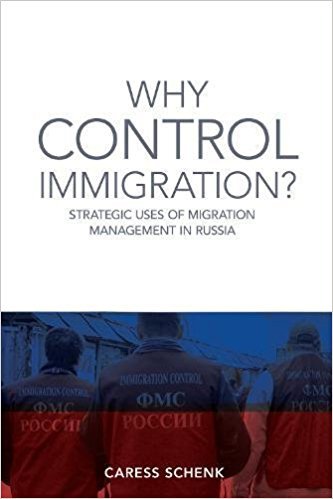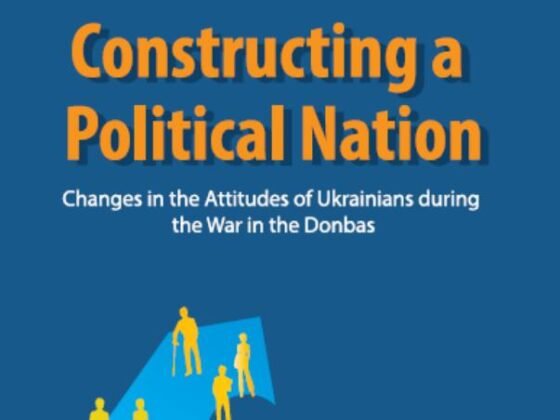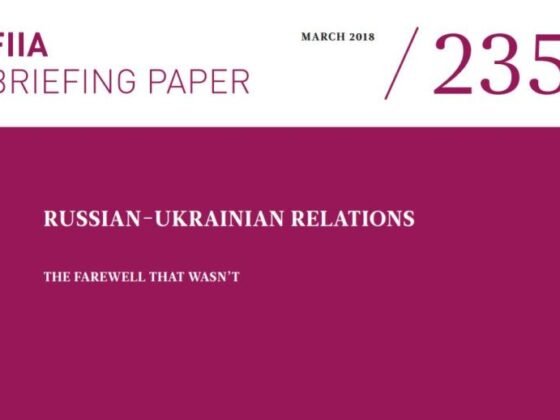Migration management in Russia is a window into how public policy, the federal system, and patronage are used to manage conflicting demands. This multi-level balancing act demonstrates the importance of high-level politics, institutional interests and constraints, and the conditions under which government actors at all levels can pursue their own interests as the state seeks political equilibrium. Why Control Immigration? argues that a scarcity of legal labour and the ensuing growth of illegal immigration can act as a patronage resource for bureaucratic and regional elites. Assessing the legal and political context of migration, Caress Schenk blends a political science approach with insights from the comparative immigration literature. Using this framework, she also engages with attitudes on populism and anti-immigration, particularly in terms of how political leaders utilize and employ public opinion in Russia.
Read More © University of Toronto Press











